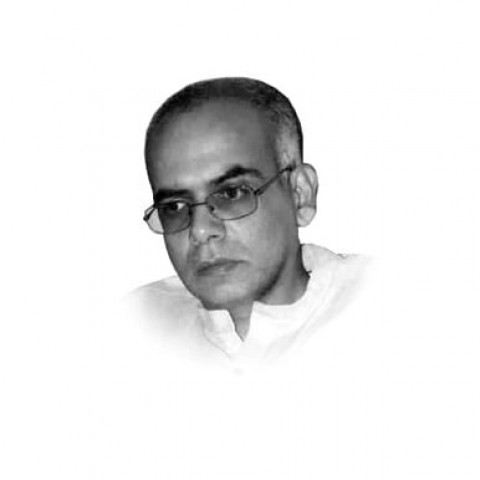Legislating against child marriage

Legislating against child marriage
The announcement of the Khyber-Pukhtunkhwa government has not come out of the blue. A draft bill to this effect had been prepared two years ago. It has taken quite a while for a decision to table it in the provincial assembly. The legislative attempt will however supplement ongoing efforts to protect children through collaborations between relevant line departments like social welfare and women’s development, specialised multilateral agencies like Unicef, and several non-government organisations. Efforts of a similar nature, offering special consideration to juveniles, have also been taken in Balochistan and Sindh as well. Punjab actually pioneered the attempt to create comprehensive legislation to support the otherwise sporadic measures to protect children, with help from the Punjab Destitute and Neglected Children’s Act back in 2004. This enabled the Punjab government to create the Child Protection and Welfare Bureau (CPWB) and a Child Protection Court in Lahore. Since then, the CPWB has put in place district child protection units in Gujranwala, Faisalabad, Multan, Rahim Yar Khan, Rawalpindi and Sialkot. However, the task at hand to protect children from abuse, negligence, discrimination, violence and exploitation is huge.
The CPWB in Punjab has offered dozens of runaway, street children temporary refuge but what perhaps needs to be done is that the children’s parents should be contacted. They should be mildly admonished for their neglect or abuse, and this should be done prior to sending the children back to the parents or the whole effort will be wasted.
There is a complex range of issues that need to be addressed if Pakistan is to fulfill its obligations under the Convention of the Rights of the Child. Some required efforts have to do with meeting pending needs such as good schooling, adequate health facilities, sufficient nutrition, sufficient time to rest and play, etc. Given the dilapidated state of education and health facilities, the meagre incomes of the majority of families in the country, ensuring access to these basic needs seems more like a wish-list than a realistic goal. Still, many poor parents do what they can, in the hope that their next generation will live better lives than themselves. Unfortunately, however, multitudes of parents continue to discriminate against girls, make their children drop out from school to supplement household incomes, and sometimes their behaviour is even harsher than that.
Conversely, a range of measures are needed to ensure protection of children to prevent their abuse inside and outside their homes. Exploitation of children can take many forms. Early marriages or domestic violence are just the tip of the iceberg. Many poor children work for long hours in hazardous circumstances ranging from work in leather tanneries or mechanic workshops, to working for professional begging mafias. The growing threats of human smuggling and pornography also pose added risks to the vulnerable children. The use of Pakistani children from southern Punjab to serve as camel jockeys in the UAE may have been curbed since the glare of international publicity against this phenomenon, but sending under-aged girls on fake passports to entertain the expatriate work-force in the Gulf continues.
Horrifying incidents of sexual abuse of young children are also evident, even though such incidents are only sporadically reported in the media. Many of these incidents involve abuse of young boys at the workplace. Cheap hotels around the bus-stand areas in Rawalpindi or Peshawar for instance are infamous for such activities, where perpetrators of such damaging acts roam freely without fear of prosecution or punishment.
Given this immense range of problems, it is imperative that child protection efforts in the country not only aim to undertake preventive or rehabilitative measures, but also become more proactive in terms of apprehending perpetrators of child abuse. Otherwise ensuring a secure environment for our country’s children will not move beyond delayed legislative attempts, and their half-hearted application.
Published in The Express Tribune, July 23rd, 2010.















COMMENTS
Comments are moderated and generally will be posted if they are on-topic and not abusive.
For more information, please see our Comments FAQ